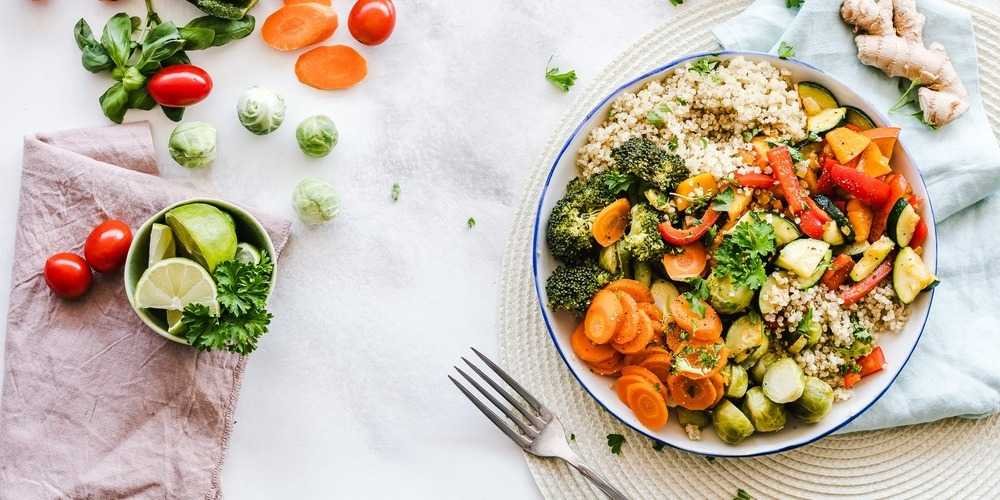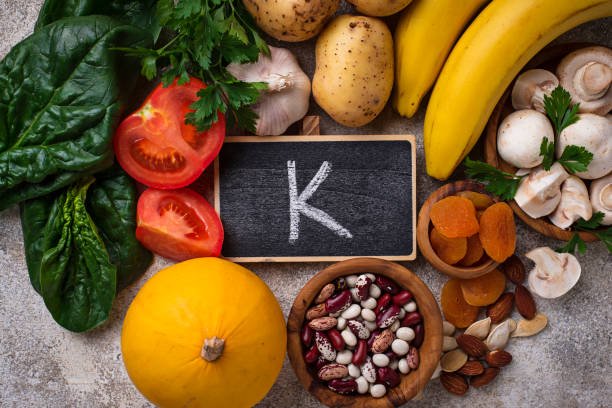
Are You Afraid That High Blood Pressure? Learn These 5 Dietary Concepts Quickly
In most cases, high blood pressure often has no symptoms. Unless they have the habit of regularly measuring their blood pressure, most people only realize that their blood pressure is too high after they develop hypertension-related diseases. Therefore, they must establish a healthy diet. habits to prevent the onset of high blood pressure. This article teaches you 5 dietary concepts that can prevent high blood pressure and keep you away from high blood pressure. If you are already a patient with high blood pressure, you can also effectively control your high blood pressure through these 5 methods.
5 dietary concepts for high blood pressure
1.Record your diet
Diet records are very helpful in controlling calorie and salt intake. By recording what you eat at each meal, you can clearly understand what you eat and what nutrients you consume. Another benefit of recording your diet is that you can communicate with your doctor, formulate a diet plan, and review your high blood pressure values and plan through regular follow-up visits.
2.Don’t eat too salty
Ingesting too much salt will cause excessive water retention in the body. In addition to causing edema, it will also increase the pressure on blood vessels, thereby increasing the risk of hypertension. The Ministry of Health and Welfare recommends that adults’ daily sodium intake should not exceed 2,400 milligrams (ml), which is 6 grams (g) of salt. Therefore, before purchasing food, it is recommended to carefully read the ingredient description on the package, try to choose natural foods, and Avoid processed foods that contain too much sodium, such as instant meals, prepared meals, canned food, etc.
3.Eat more potassium-containing foods
Sodium will increase the amount of water in the body, increase circulating blood volume, and increase blood pressure; potassium will interact with sodium to combat the increase in blood pressure, protect the integrity of arterial intima cells, and reduce the incidence of embolism. Sodium and potassium are like opposite ends of a seesaw, so eating more potassium-containing foods can help control blood pressure. However, it should be noted that patients with high blood pressure often take vasopressin blocker drugs, which will reduce the potassium excreted by the kidneys. If you take such drugs while ingesting a large amount of potassium, it may cause excessive potassium ions and cause hyperkalemia. Symptoms such as muscle weakness and irregular heartbeat may occur. Therefore, patients with high blood pressure should consult their doctor before planning their daily diet.

4.Don’t drink too much
Many studies have pointed out that alcohol can stimulate blood pressure. Just drinking 3 glasses of wine a day will affect the heart muscle cells in the body and increase blood pressure. Therefore, controlling alcohol intake is one of the keys to avoiding high blood pressure. The Ministry of Health and Welfare recommends that adult men should drink no more than two 330ml cans of beer (or alcohol equivalent to this amount) per day, and women should drink no more than one can of beer per day.
Adopting the DASH diet
Dietary Approaches to Stop Hypertension (DASH Diet) literally means “starting with diet to stop high blood pressure.” The principle of the DESH diet is very simple, which is to consume foods that are good for the heart, such as foods that are low in fat, low in cholesterol, low in sodium, and rich in high-quality protein, nutrients, and sufficient fiber. This type of food can help prevent high blood pressure and is full of benefits for the human body.
The principles of the DASH diet are summarized below:
- Avoid foods containing saturated fat, trans fat and cholesterol.
- Eat more fruits and vegetables, whole grains, chicken, nuts and fish.
- Less sodium, less sugar, less red meat.
The DASH diet involves controlling the consumption of specific food types and portions every day, and the intake of each food portion is based on the calories needed that day, and avoiding excessive calorie intake. It is recommended that patients with high blood pressure start with their sodium intake and reduce their daily intake to 1500 mg, and then further control their calorie intake.












